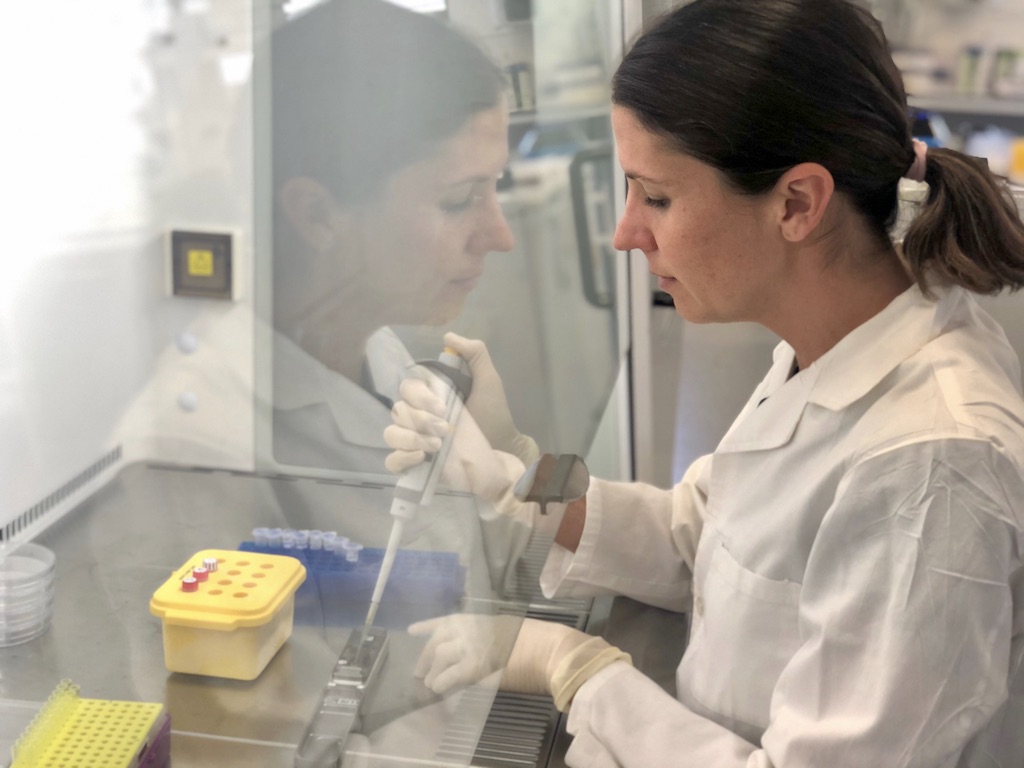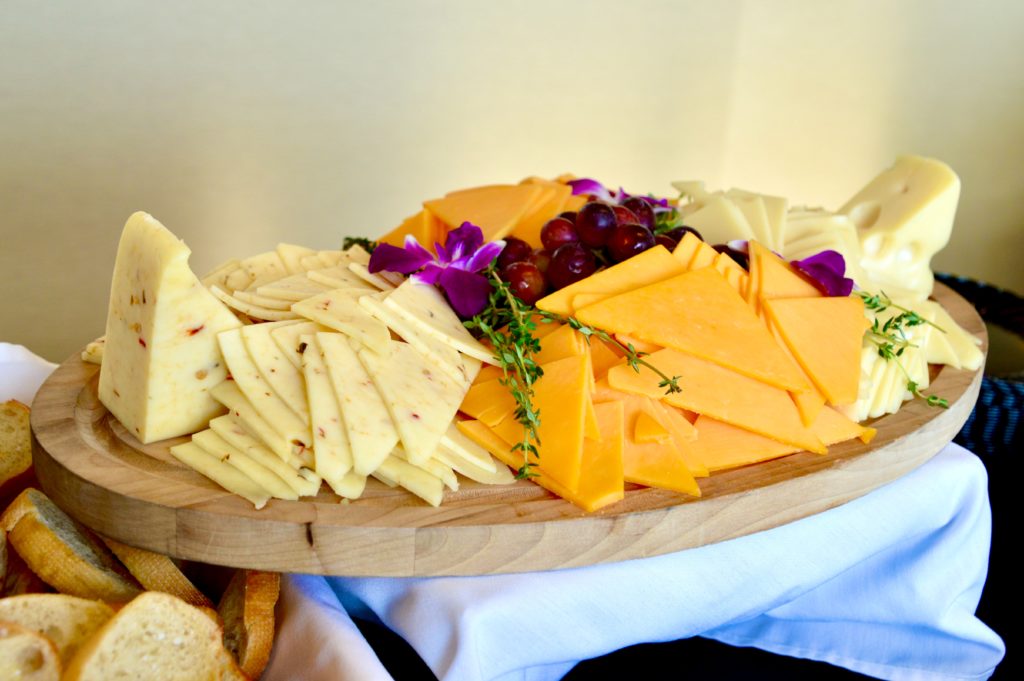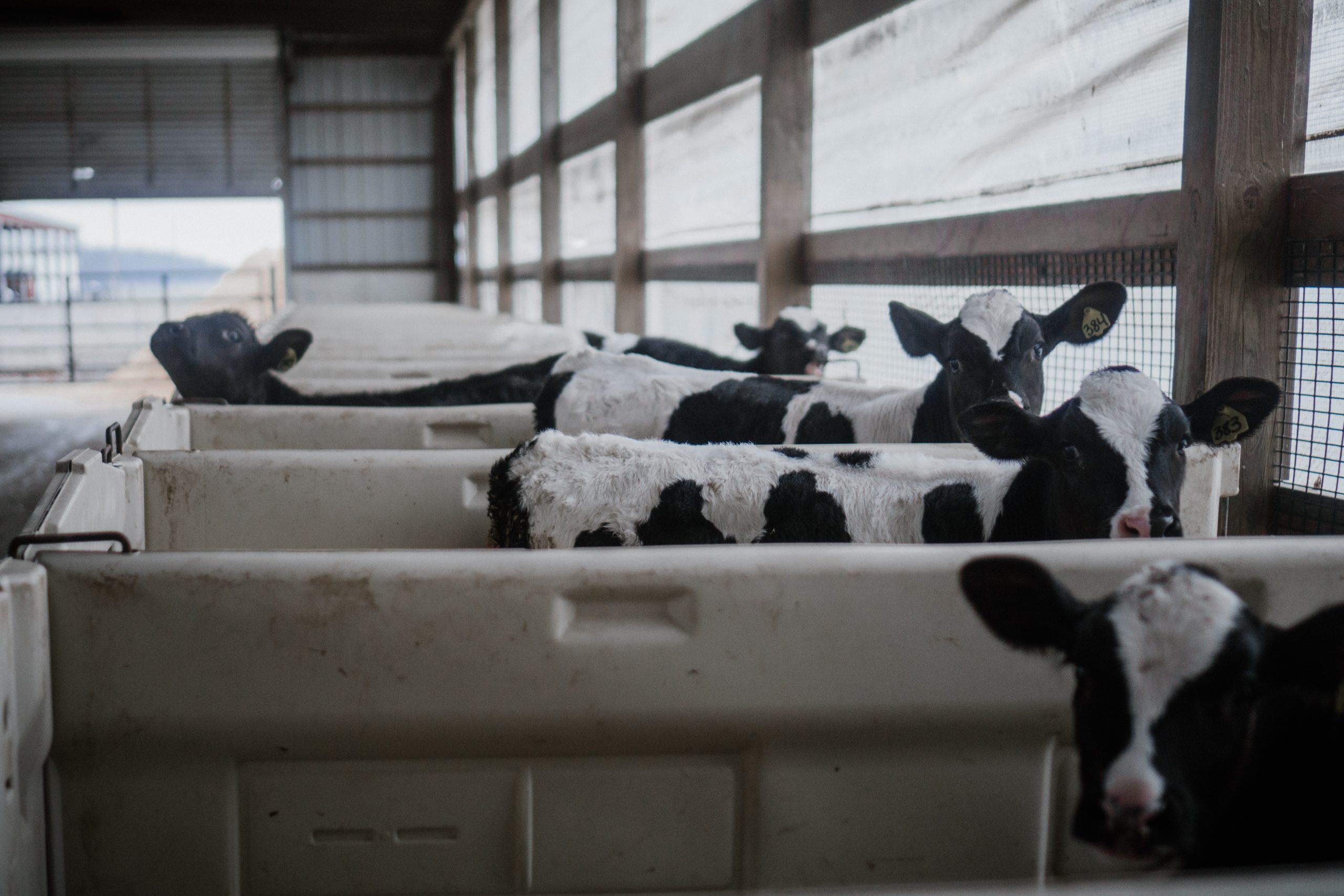3 Mins Read
Auckland-based animal free dairy startup Daisy Lab has announced a NZ$250,000 capital injection from Stephen Tindall’s K1W1 and Icehouse Ventures. The funding will be used to continue developing cow-free products, particularly cheese. Located in New Zealand, the startup is taking on one of the biggest dairy sectors in the world.
Daisy Lab founders Irina Miller and Dr Nikki Freed are uniquely placed to develop a new breed of cow-free products. The former used to work as a consultant for Fonterra, the largest dairy exporter globally, while Freed is a molecular biologist. Together, they are leveraging precision fermentation technology to create bio-identical milk and related products.

An insider’s perspective
Daisy Lab was founded in 2021 after Miller left Fonterra and became vegan and realised that conventional dairy was not only a cruel industry but also one with a litany of environmental consequences. She set about creating an alternative and her partnership with Freed proved to be the catalyst for real change and genuine alternatives for dairy fanatics.
Precision fermentation broken down
In basic terms, precision fermentation for dairy means ‘training’ microorganisms to produce certain substances. They do this by processing sugars (fermenting). Daisy lab gives its microorganisms everything they need to faithfully replicate casein, the protein found in cow’s milk that gives the cheese it’s stretch and flavour.
Developing a cow-free version allows for plant-based milk and cheese to finally compete with regular dairy, on a taste level. The training process involves putting the DNA structure of a cow into the structure of microorganisms, to give them a framework to mimic. “There is a lot of potential for this process. You can ‘veganise’ any product that is traditionally dairy without changing anything for the consumer. Miller said in a statement.
The overall aim of the company remains simple. “We are just trying to make a protein that has the same profile as the stuff you get from a cow, except more cost-efficient and better for the environment,” Freed said in her own statement. Lab-grown casein is slated for commercial production by the end of 2022.

Why cheese is important
Ask anyone reluctant to convert to veganism why they are doubtful and you’ll hear many talking about an inability to give up cheese. This isn’t hyperbole, but a recognised issue and it boils down to simple biology. Casein from regular cheese converts to casomorphins, which in turn trigger a release of dopamine. The intrinsic connection between eating cheese and feeling good creates a withdrawal symptom when it is left out of a diet.
Replicating casein to develop a range of vegan cheeses is what Daisy Lab remains focussed on. It aims to create a range that offers good taste, recognisable texture and a hit of dopamine that can convert steadfast conventional dairy fans in New Zealand and beyond.
New Zealand in the spotlight
Finding an alternative to conventional dairy became increasingly urgent, following last year’s release of emotive documentary Milked. The film shone a light on the realities of the New Zealand dairy farming sector, cover ups and consequences included. Fonterra had initially agreed to meet with co-producer Chris Huriwai, but backed out ahead of filming.
Left field, in the plant-based meat market, New Zealand has been embracing consumer demand for more vegan options. Off Piste’s jerky, Berkano’s plant meat range and Vince are all recent success stories.
Lead photo by Amber Kipp on Unsplash.




